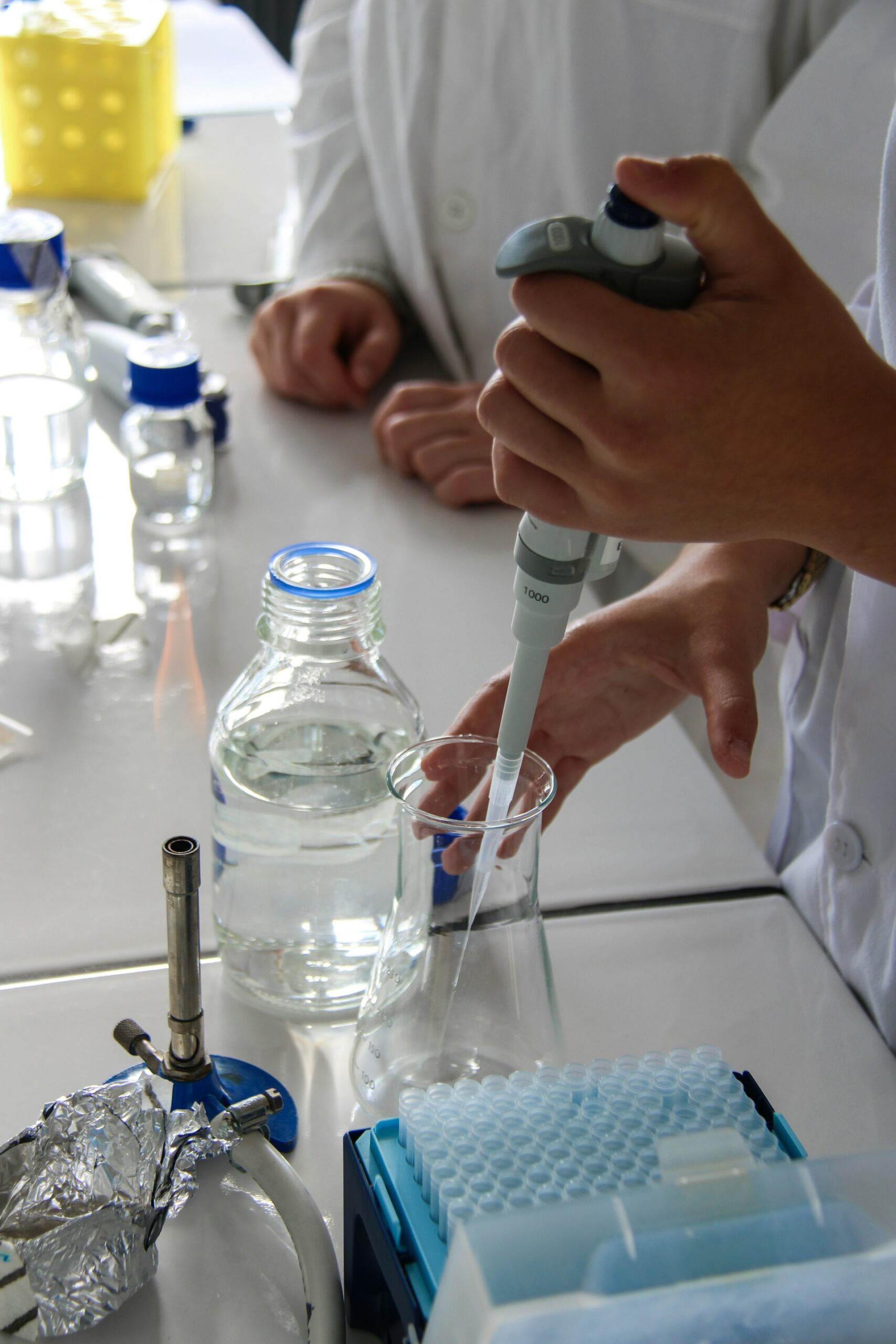Effective Skincare Strategies for Menopausal Hormonal Changes

Photo by Look Studio on Unsplash
Understanding Menopausal Skin Changes
Menopause marks a significant transition in a woman’s life, accompanied by distinct hormonal shifts that directly affect skin health. The primary hormonal change involves a decline in estrogen and progesterone, especially estrogen, which is essential for producing collagen and natural skin oils. As estrogen levels decrease, skin loses its ability to retain moisture, leading to dryness, increased sensitivity, and a noticeable reduction in elasticity and firmness. Fine lines, wrinkles, and sagging become more prominent, and some women may also experience increased pigmentation or the return of adult acne due to hormonal imbalances. [1] [2]
Hydration: The Cornerstone of Menopausal Skincare
Keeping the skin hydrated is the most critical step for managing menopause-related changes. As oil production decreases, skin can become dry, tight, and prone to irritation. Choose a high-quality moisturizer that contains humectants like hyaluronic acid (HA), which draws moisture into the skin, and emollients such as ceramides that help repair and maintain the skin barrier. Applying moisturizer immediately after cleansing helps lock in hydration, especially when used on slightly damp skin. Many dermatologists recommend layering hydrating serums under richer creams for maximum effect. [1] [5]
For example, women who previously used lightweight lotions may find that switching to a denser cream or an overnight hydrating mask makes a significant difference. If dryness persists, consider using a humidifier at night to add moisture to the air, which can further help prevent skin dehydration. [5]
Supporting Collagen and Firmness
Loss of collagen is a hallmark of menopausal skin, often resulting in decreased firmness and the formation of wrinkles. To counteract this, look for skincare products containing retinoids (such as tretinoin or retinol), peptides, and vitamin C. Retinoids are proven to stimulate collagen production and accelerate cell turnover, but they can increase sensitivity, so start with a lower concentration if your skin is not accustomed. [4]
Some women may benefit from topical treatments with estriol, a gentle form of estrogen shown to improve firmness and hydration when applied directly to the skin. However, it is essential to consult with a healthcare provider before beginning any hormone-based topical treatment. [4]
Regular facial massage and gentle exfoliation (using alpha hydroxy acids or enzyme-based exfoliants) can also enhance circulation and promote a more youthful appearance. Always use sunscreen daily, as sun damage exacerbates collagen loss and pigmentation issues.
Managing Sensitivity and Redness
With the skin barrier compromised from hormonal changes, menopausal skin often becomes more sensitive and reactive. To minimize irritation, use mild, fragrance-free cleansers and avoid harsh scrubs or drying ingredients like alcohol or sulfates. [2]
Introduce new products one at a time, and patch-test on a small area before full application. In case of persistent redness or discomfort, consult a board-certified dermatologist for tailored recommendations or prescription solutions. Many women find that simplifying their routines to a few gentle, hydrating products helps reduce flare-ups and calms sensitive skin. [5]
Addressing Pigmentation and Acne
Hormonal fluctuations can increase melanin production, leading to age spots, uneven tone, and in some cases, a resurgence of acne. [2] To combat pigmentation, consider products with ingredients like niacinamide, vitamin C, and licorice root extract. For persistent dark spots, a dermatologist may recommend prescription-strength treatments or in-office procedures such as chemical peels or laser therapy.
Acne in menopause is often linked to a relative increase in androgen hormones. Use non-comedogenic, gentle cleansers and consider topical retinoids or benzoyl peroxide for spot treatment. Avoid over-drying the skin, as this may worsen irritation. If breakouts persist, a dermatologist can offer prescription treatments tailored for adult skin. [3]
Building a Menopause-Specific Skincare Routine
A comprehensive skincare regimen for menopausal skin should include:
- A gentle, hydrating cleanser that does not strip natural oils.
- A toner with soothing ingredients (such as chamomile or aloe) to rebalance skin after cleansing.
- A hydrating serum containing hyaluronic acid or peptides to plump and firm.
- A rich moisturizer with ceramides, glycerin, or squalane to reinforce the barrier.
- A broad-spectrum sunscreen (SPF 30 or higher) every morning to protect against further collagen breakdown and pigmentation.
- Optional: Retinoid or estriol cream at night for cellular renewal and firmness, introduced gradually.
Adjust your routine based on how your skin responds, and consider seasonal changes or specific concerns as needed. [5]
Seeking Professional Guidance and Support
If you experience significant skin changes or concerns that do not respond to over-the-counter products, it is advisable to consult a dermatologist. Many dermatologists offer menopause-specific consultations and can recommend prescription options or advanced therapies. To find a board-certified dermatologist in your area, you can use the American Academy of Dermatology’s official website by searching for “Find a Dermatologist” at aad.org.
For those interested in hormone-based treatments, discuss options with your primary care provider or a gynecologist to determine what is safe and appropriate for your overall health. Always disclose any medications or supplements you are taking to avoid interactions.
Alternative Approaches and Lifestyle Tips
In addition to topical skincare, lifestyle modifications can help improve skin health during menopause. Staying hydrated by drinking plenty of water, eating a balanced diet rich in antioxidants (fruits, vegetables, whole grains), and managing stress contribute positively to skin resilience. Regular exercise can improve circulation and promote a healthy glow.
Some women find success incorporating facial oils, overnight masks, or gentle facial massage into their routines. Always introduce new products gradually and monitor for any adverse reactions.
How to Access Menopause-Focused Skincare Products and Resources
You can find menopause-focused skincare products at reputable retailers, pharmacies, or through dermatology clinics. Look for brands and formulas specifically labeled for mature or menopausal skin, and read ingredient lists carefully. If uncertain, request product samples or consult with a skincare professional for guidance.

Photo by Maria Kovalets on Unsplash
For personalized advice, consider booking a telehealth or in-person appointment with a dermatologist or licensed esthetician who has experience with menopausal skin. Many clinics now offer virtual consultations, making expert advice more accessible.
If you need further support, you can also connect with menopause advocacy organizations or women’s health groups for educational resources and community guidance.
Summary and Key Takeaways
Managing skincare during menopause requires an understanding of hormonal changes and their effects on the skin. Prioritize hydration, support collagen production, protect against sun damage, and adapt your skincare routine to address sensitivity, pigmentation, and occasional acne. Consult with qualified professionals for tailored guidance, and consider lifestyle changes that support overall skin health. By staying proactive and informed, you can maintain a healthy, vibrant complexion through every stage of menopause.
References
- [1] Doris Day MD (2024). Embrace The Change: Menopause & Your Skin.
- [2] Mona Dermatology (2025). Best Menopause Skin Care + Products for Women Over 50.
- [3] Codex Labs (2024). Menopause Skincare: Navigating the Impact of Hormonal Changes on Your Skin.
- [4] Midi Health (2025). Best Skin Care for Menopausal Skin.
- [5] Fleur & Bee (2022). Best Skincare Routine for Menopausal Skin.
MORE FROM searchhole.com













